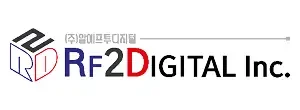T. Carter Ross former editor-in- chief of the international edition of Radio World newspaper gives his views on digital radio.
In many ways, I believe digital radio is on the cusp of a breakthrough. From Europe to Asia, 2011 brought good news to the sector both in terms of projects and stations launching and in introduction of new receivers coming to market. What is more impressive is that digital radio has fought hard to establish itself in the marketplace. Unlike digital television, which has been established through governmental mandates, digital radio has had to convince regulators, broadcasters and listeners as to its benefits. This has meant a sometimes painfully slow adoption, but it has also engendered creativity and innovation. Now, an impressive array of technological alternatives is available to suit a diverse range of broadcasting styles and markets.
At the same time, broadcasters must work to encourage listeners to embrace digital radio. It is not enough to point to cleaner audio; innovative programming, data services and interactive options remain critical to convincing audiences to replace their analog sets with digital ones. Digital radio has many advantages, but they must be put to good use.
Challenges remain ahead — lower-cost receivers are still needed, more cars need digital radios as standard equipment, affordable multi-standard receivers will be needed for overlapping markets — but ultimately digital radio will succeed the same way analog radio has: by providing innovative content that attracts listeners to the medium..
















